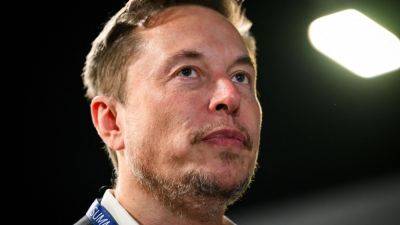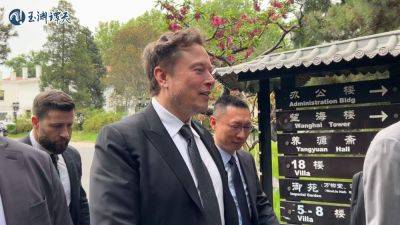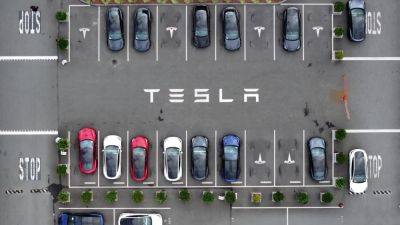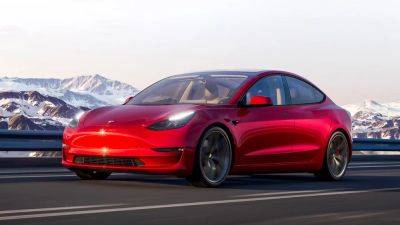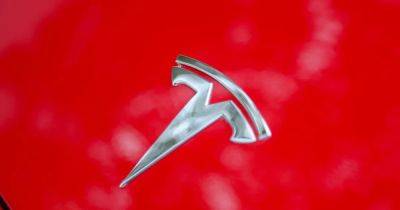Elon Musk’s Latest Mars Pitch Has Potential
Elon Musk has been talking publicly about his sweeping vision for Mars settlement for nearly eight years now, dating to a speech in Guadalajara, Mexico, in September 2016.
This weekend, at SpaceX's Starbase facility in South Texas, Musk once again took up the mantle of his «making life multiplanetary» cause. Addressing employees at the location of the company's Starship factory, Musk spoke about the “high urgency” needed to extend the “light of consciousness” beyond Earth. That is not because humanity's home planet is a lost cause or should not be preserved. Rather, Musk said, he does not want humanity to remain a one-planet civilization that will, inevitably, face some calamity that will end the species.
All of this is fairly familiar territory for spaceflight enthusiasts—and observers of Musk. But during the past eight years he has become an increasingly controversial and polarizing figure. Based on his behavior, many people will dismiss Musk's Mars comments as those of a megalomaniac. At least in regard to spaceflight, however, that would be wrong. Musk's multiplanetary ambitions today are more credible because SpaceX has taken steps toward doing what he said the company would do.
SpaceX has real hardware today and has completed three test flights. A fourth is possible next month.
«It’s surreal, but it’s real,» Musk said this weekend, describing the audacious Mars vision.
The Booster and Ship
As part of his 45-minute speech, Musk spoke about the booster for Starship, the upper stage, and the company's plans to ultimately deliver millions of tons of cargo to Mars for a self-sustaining civilization.
Ars TechnicaThis story originally appeared on Ars Technica, a trusted source for technology news, tech policy analysis, reviews, and more. Ars is owned by WIRED's parent company, Condé Nast.
If thousands of launches seem impossible, Musk noted that SpaceX has completed 327 successful Falcon launches and that 80 percent of those have involved used boosters. This year, he said, SpaceX will launch about 90 percent of the mass sent into orbit from the planet. China will launch about 6 percent, he added, with the remainder of the world accounting for the other 4 percent.


